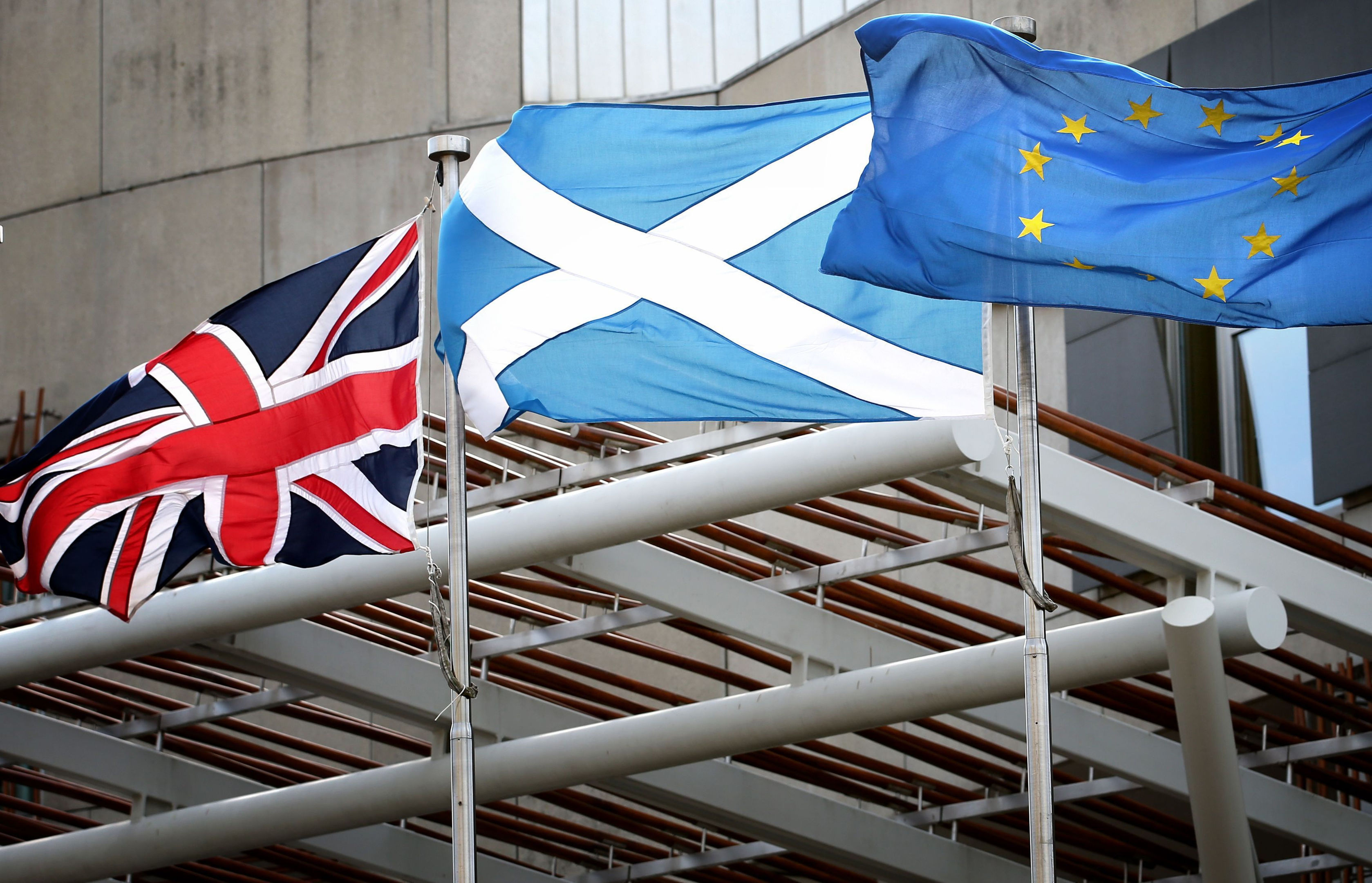
SCOTTISH businesses are scared of not being able to recruit workers after Brexit, according to research.
Former MPs Roger Mullin and Michelle Thomson have spoken to 236 company chiefs across the country as part of an investigation into how leaving the EU will affect sectors north of the Border.
They found that, irrespective of business leaders’ views on Brexit, there was a consensus that barriers must not be put up to accessing people and skills.
This is because Scotland does not have a sufficient pool of homegrown labour to support its businesses. Every sector of the country’s economy – including some often overlooked areas such as the arts, science, food, transport and even the pro-Brexit fisheries – would be hit by immigration clampdowns making it more difficult for foreign workers to move here, the report says.
Mr Mullin, who was the SNP’s Treasury spokesman at Westminster, said recruitment concerns ranged from the best academics for universities, to seasonal soft fruit pickers and from highly skilled engineers to those in the performing arts.
He added: “There has been insufficient focus on the challenge we face to ensure Scotland has continued access to the skills her economy needs. This is not a question of whether or not people support Brexit, it is a question of whether or not they support our economy.
“There is an urgent need for both the UK and Scottish governments to ensure the policies are in place to support the Scottish economy post Brexit. Particularly important will be putting in place policies that provide businesses with continued access to skills from the remaining 27 European states, and a more focused drive to support skills development in Scotland.”
The former SNP politicians, Ms Thomson was a member of the Business Select Committee during her two years as an MP, started the research when they were in the Commons but continued it as a self-funded project after being voted out of office in last year’s snap election.
And their report, which will be published on Friday, say their former colleagues in the Scottish Government must address the country’s national skills strategy, warning that a failure to overhaul the system will making Scotland a poorer place than it should be.
Figures released last week by the Scottish Government showed Scotland’s productivity has dropped to its lowest level in more than eight years, falling by 3.2% over the past 12 months.
A UK Government spokesman said: “After we leave the EU, we will have in place an immigration system which works in the best interests of the whole of the UK. We have given certainty to the EU citizens living in the UK that they can stay and continue to live their lives as now.
“Our priority now is to agree the detail of the implementation period after we leave the EU, to avoid a cliff edge for businesses. During this period of around two years, EU citizens will be able to come and live and work in the UK.
“We are considering a range of options for the future immigration system that will ensure we are in control of our borders while continuing to attract the brightest and best, and will set out initial plans in the coming months.
“We have asked the independent Migration Advisory Committee to assess the economic and social impact of EU citizens in all parts of the UK, and we are consulting extensively with a stakeholders, including businesses in Scotland.”
A Scottish Government spokesperson said: “Scotland needs powers over migration tailored to our needs. All of our population increase over the next few years is forecast to come from people choosing to come here to make Scotland their home.
“It is clear that Brexit, outside the European Single Market of 500 million people, will make it harder to attract the workers we need to boost our economy and contribute to our public services. That’s why we are working so hard to keep both Scotland and the UK inside the single market.”

Enjoy the convenience of having The Sunday Post delivered as a digital ePaper straight to your smartphone, tablet or computer.
Subscribe for only £5.49 a month and enjoy all the benefits of the printed paper as a digital replica.
Subscribe